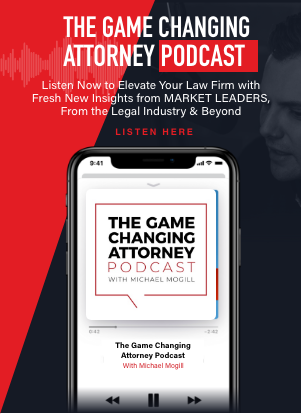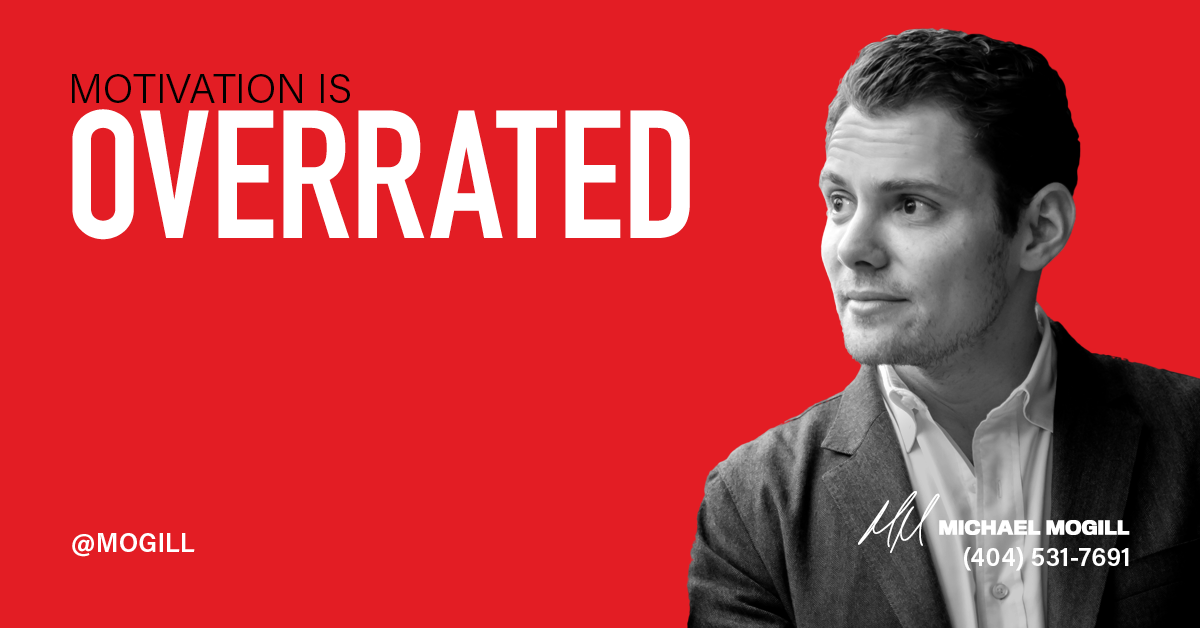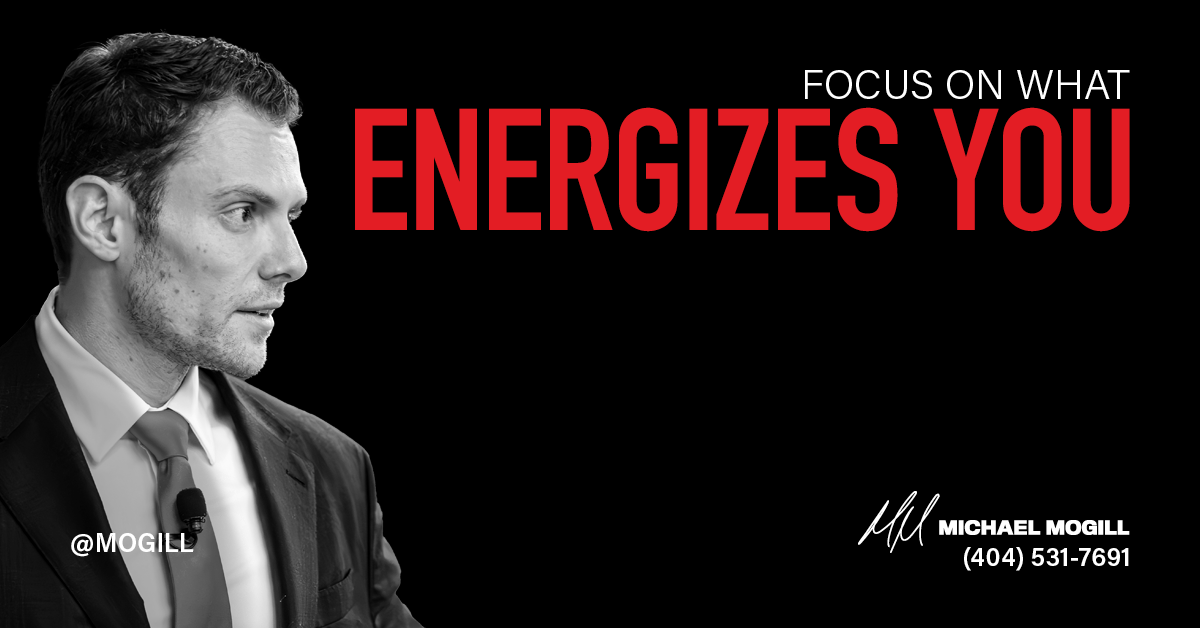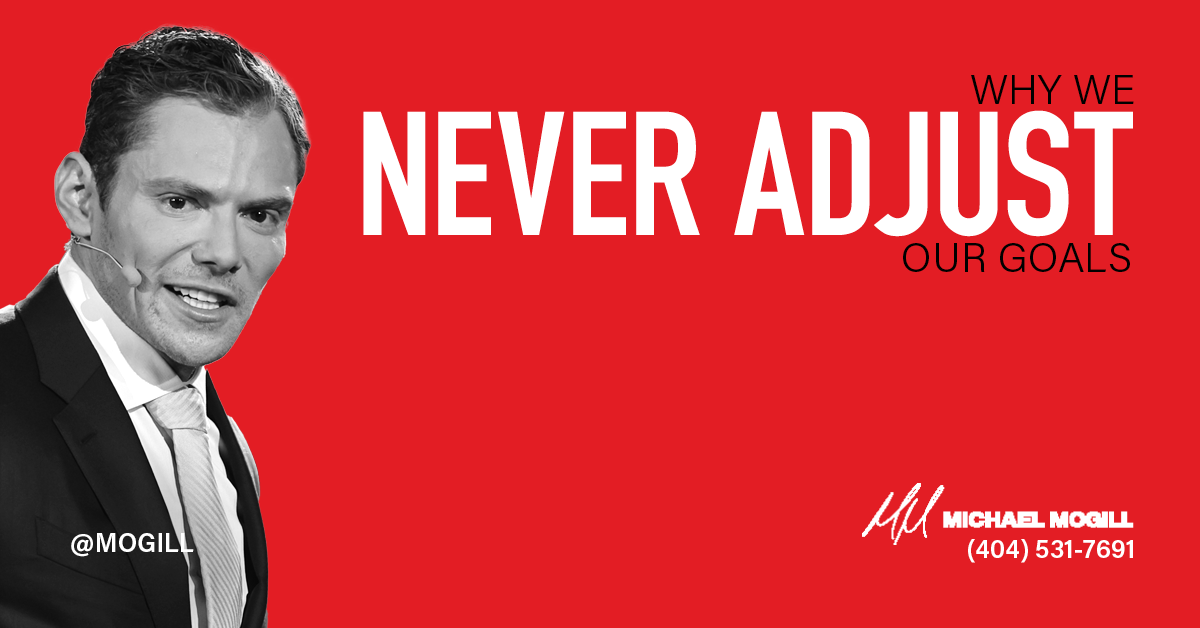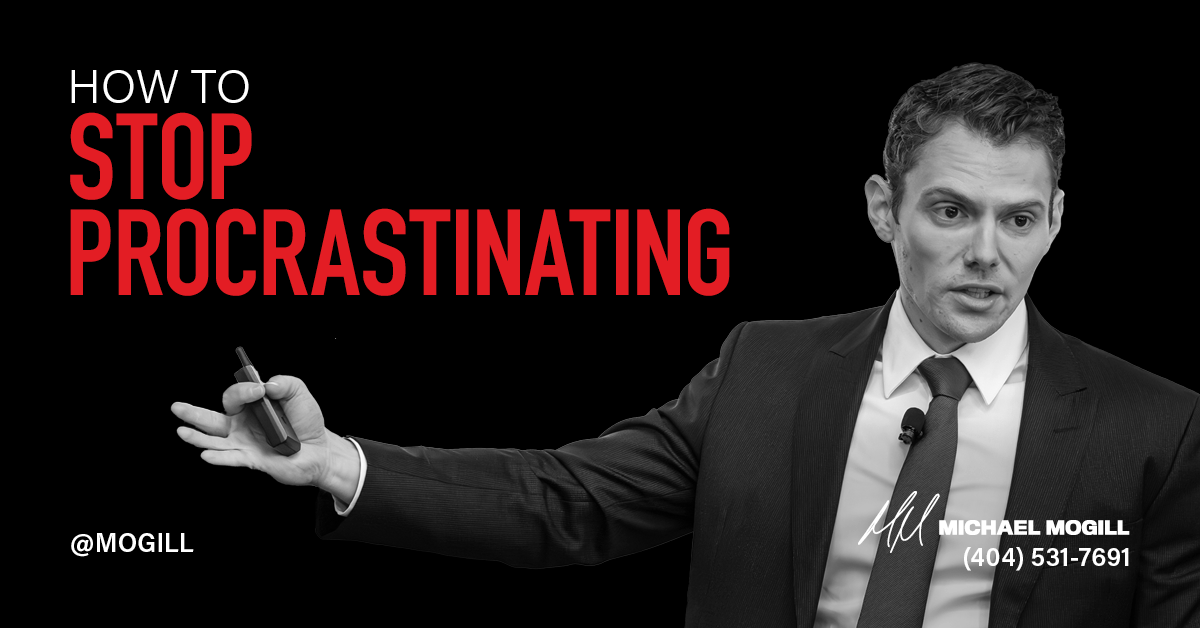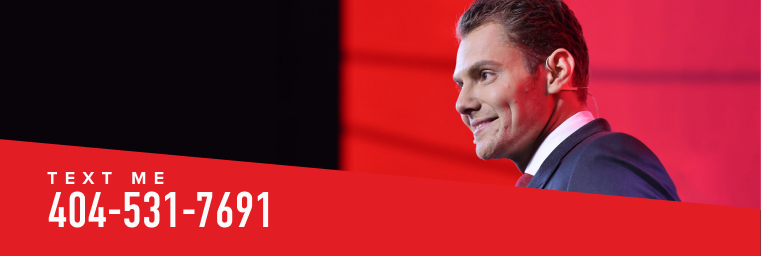Not everyone knows this, but Crisp was not my first business.
It all started in 2009. I had bought a camera, but I did not know anything about taking pictures. I figured learning photograph would be a nice lifetime skill to learn.
So I started taking pictures of flowers and plants and trees. My goal every day was to take one great photo.
A friend of mine heard I had this nice camera and asked me to come take some photos at the nightclub where he bartended.
That was the catalyst for an entire nightlife photography business that I worked on growing for several years.
I went from taking pictures of flowers and plants to creating a photography company in the hospitality industry that worked with nightclubs, bars, restaurants, concert venues like Live Nation, and so on. We went all over Atlanta taking photos.
But I was not the most successful at the time.
I’d be out there taking pictures in the club when I couldn’t even afford to get in the club. I was taking pictures for just $100 a night.
I’d see people that were at the club that looked very successful to me, and I would think, ‘Man, one day, how cool would it be to be able to afford to get a table and bottle service?’ (Now, looking back in hindsight, I believe that if I reached 40 years old and got a table and bottle service in the club, something went wrong in my life.)
But at the time, that felt a bit like failure while my friends were growing in their careers, buying new homes and cars, and going on great vacations — and there I was taking pictures in nightclubs.
But out of that came another business that we later would call Crisp. At first it was in the corporate brand and video space. We worked with clients with Coca Cola, Verizon, and Red Bull…
But before we worked with Coca Cola, Verizon, and Red Bull, we worked in the agricultural business, taking videos on farms. Compared to other video agencies, here we were filming peanuts, watermelon, and tobacco plants. What kind of agency are you building here, man?
But out of that evolution, we focused on various niches, which eventually led to us working within the legal industry.
We were not the first or the second or the third in this space. There were a lot of companies that had been around for 10, 20, even 30 years producing videos for lawyers. We were a very small player. Nobody knew us.
But lawyer videos at the time involved getting in front of a blue background, uttering a few words, and there you go. Chop them up, make them FAQs, put them on the internet — done. We thought there must be a better way. We slowed it down and put some storytelling and emotion behind it.
You could say maybe that iteration was a failure. We were by no means breaking any records.
But then we expanded from legal video to marketing. We had to place the content too, because our clients had these great videos, but they didn’t know how to properly leverage them to build their brands and get the phone ringing.
So we expanded to also post our clients’ video content online, leveraging trending and emerging social media platforms. At the time, that was pretty disruptive. There’s been a lot of lobbying by the SEO industry that convinced law firms that SEO was the only form of marketing. We sought to open these attorneys’ eyes to other ways of digital marketing.
But we were still a relatively small company, and few were talking about us in the industry.
We continued to evolve and started the coaching side of the business. So many people said it was a terrible idea. They told us to stick to the videos. We had built a name for ourselves as being a great legal video company, but they asked what we were thinking expanding into coaching.
There were other programs in the legal space then, but they were oriented toward small firms that wanted to stay small. We saw that for our firms, many of whom were doing over a million in annual revenue, there really wasn’t a home for them. We decided to be the organization that helps firms scale, grow, and optimize, especially once they get past that million-dollar mark in revenue.
Since then, the business exploded. We’ve been able to help so many firms grow successfully. We’ve become so much better known.
But as you can see, we underwent several evolutions. At each of these stages, one could get imposter syndrome and feel like a failure.
Whenever we set out to expand into a new avenue, we started out as a very small player. But each one becomes a learning experience, which becomes the next evolution, and that momentum continues to build.
That’s how you go from taking pictures of flowers and plants to coaching lawyers all around the world.

